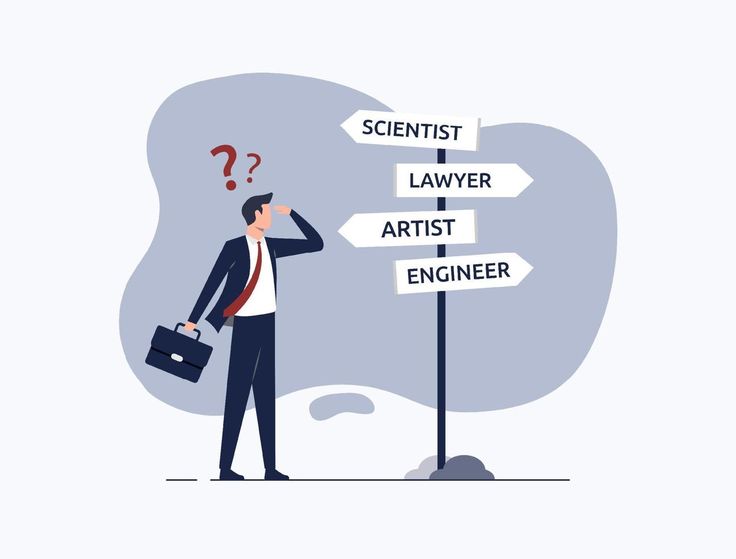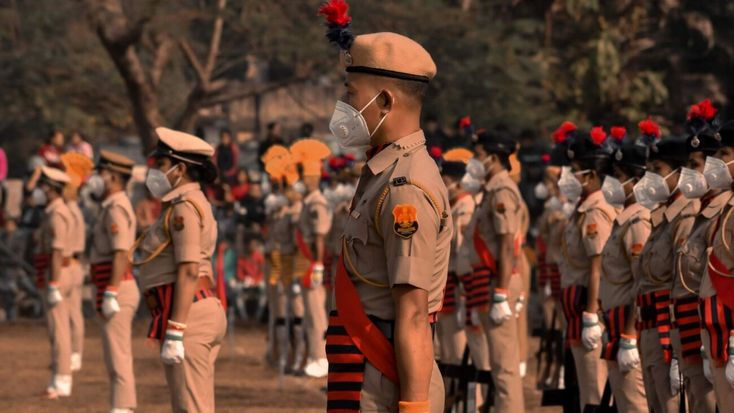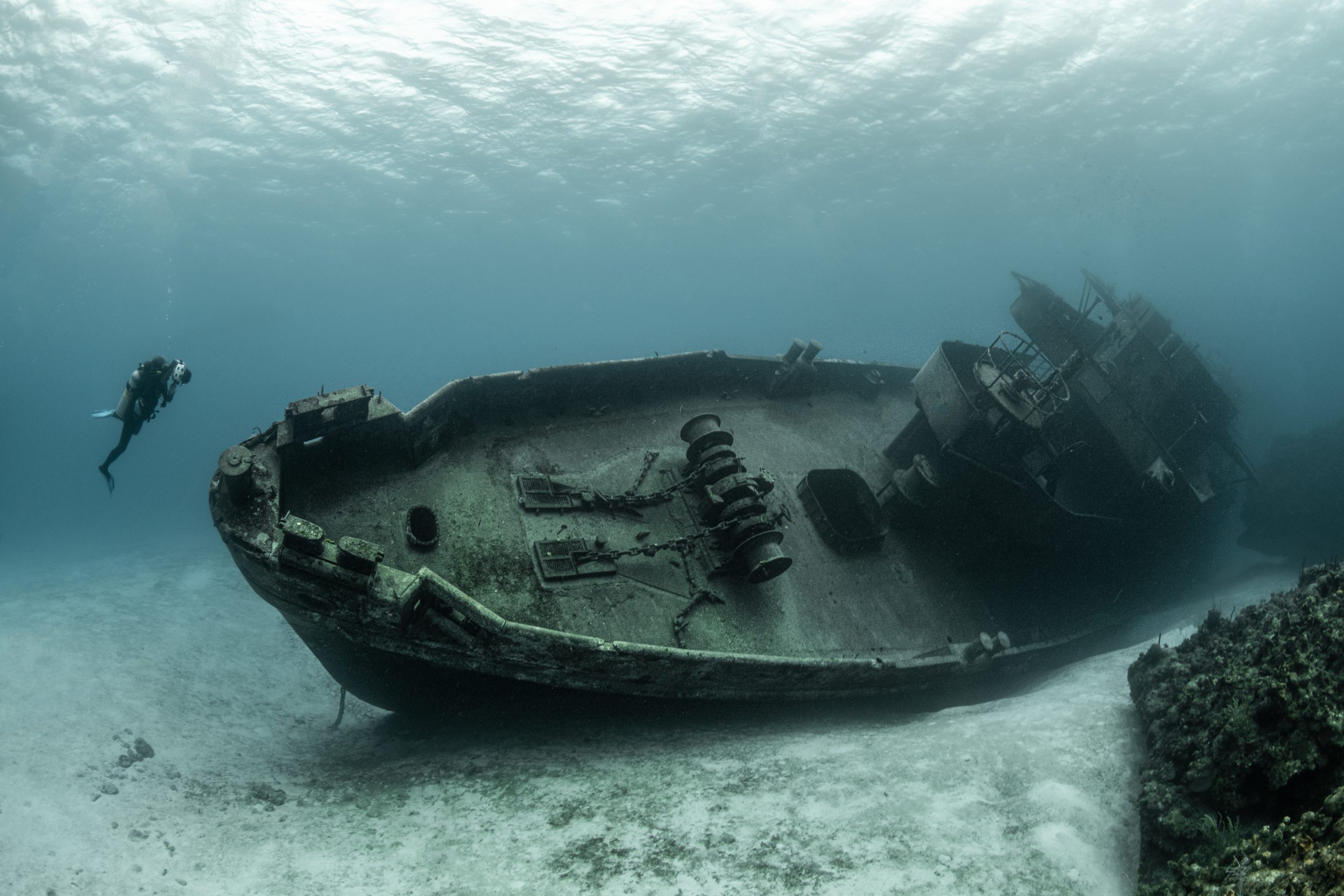Over the past few years, the cost of living has increased manifold- rising fuel prices have spiralled a wave of rising prices of food items, transport and logistics. To add on to it, the yesterday’s luxury has become today’s necessity. We all are playing catch up with cash which almost always is never enough. This calls for the need for the new millennials to have a side hustle, a second job in order to keep their heads above the water. The normal jobs take care of the rent, bills and big chunk items whereas the second job takes care of that weekly brunch.
The need:
While the side-hustle is a popular way to make extra money, for many it may be more of a necessity than a choice.
One in two millennials has a “side hustle” in a bid to boost their cash or chase a long-held passion, new research reveals. From selling things online to making clothes and accessories or simply putting in a cleaning shift to get those extra bucks, many of the millennials are currently grinding away outside of their main job in a bid to make things happen. Side hustle is no more the hush hush thing. It is normal. The young generation has no qualms sharing with their employers without fear of managers reacting negatively to their second gig. And for many, the second gig is more enjoyable than their main form of work.
Digitization and technological advancement has made side hustles easier. They can use social media Mobile experiences give people the flexibility of when and where you can get work done, so people can be productive on their commutes, watching a TV show or even lounging by the pool.”
If you too have been tightening your belt every month, there are many side jobs that you can take up. Some of the earnest, and viable ways of making some money are:
Virtual Assistant:
If you’d like a flexible side hustle that can pay pretty well, you might consider being a virtual assistant. It refers to an online personal assistant who helps individuals and businesses manage and operate various different tasks. The range of work a VA can do is so wide that this side hustle has become a growing need as more and more people develop websites and grow their businesses. Entrepreneurs are busy all the time, they need someone to take things off their plate. You can take a number of tasks like create graphics and pictures for blog posts, editing, scheduling blog posts, managing email inboxes, organizing and scheduling newsletters, creating and sending out invoices and bookkeeping.
By specializing in a specific area, you aren’t trying to do all things, like the entrepreneur. As a VA you have the choice to work. Because your clients can be from anywhere you can find clients that align with the hours you are available to work.
Pet sitting:
Do you like pets? Do you care about getting your clothes covered in hair? If your answers were yes, then no, then you should start your own pet sitting side hustle. Build your clientele out of your friends with real jobs, then branch out from there. There are so many people today who want someone to take care of their pets while they have to go on a business tour or a vacation.
Tutoring:
What did you go to college for? It doesn’t matter if it was some Math, English, competitive exams, video editing, people will pay you money to teach them how to do the thing you know how to do. Spend your weekend tutoring a couple of people with your beautiful knowledge. There are many online platforms where you can teach Maths, IELTS, etc
Rent your apartment:
Do you have friends that will let you crash on their couch for a weekend? If so, you might be able to rent out your apartment, or even a spare room to make some extra money in this non-stop nightmare called life. If you’re going to get into the then you need to realize that you have to make a large up-front investment to clean up your apartment, take cool pictures of your place so vacationers will want to sleep in your room, and stock up on all the smell-good candles you can find.
Web development:
This is one job which you can take up both as a primary career and a secondary career. Web developers may work as independent contractors or as employees at corporations or other organizations. As a web developers often are able to work remotely – a benefit that appeals to many new millennials. Since you are native to the digital era, your tech expertise makes the job of web developer a natural fit and progression for you. The career demands technical skills, such as coding and an understanding of web traffic analytics. It also requires an artistic sensibility and graphic design knowledge, since the internet is a highly visual medium.
Since you would be billing your efforts by hour rate, you can actually pick work according to the number of extra hours you have. There are many sites like Upwork etc that would give you this flexibility,
Content Writing:
If you’re sick of the rat race, you can supplement your income by working as a content writer. You can be totally flexible and pic assignments as per the time availability. They don’t require more than a few hours of work, and the money is worth the extra time.
Sometimes, if you’ve done a good job for a past firm/individual, they may hire you for more work, and keep you as an ongoing freelancer. Once you’ve built up your resume and can provide good references, finding work will be easier. Be prepared to write about a variety of topics at first – travel, health and fitness, weight loss, etc. Once you’ve been at it for awhile, you can narrow your niche based on what you enjoy doing best.
Confidence Coaching:
If you are confident and have good communication skills and convincing power, you can be a confidence coach. In today’s pressure cooker environment, many corporate executives, housewives and students are looking for someone who can help them build the confidence to present their views before an audience and also to tackle challenging situations both at home and work. In a typical confidence coaching session, you would be using questioning techniques and other reflective and perspective-challenging practices so a client can create action plans for his or her next steps. It is meant to propel forward action, showing clients how to increase their self-awareness, clarify their goals, raise their confidence and commitment and identify paths forward.
Summing up:
Therefore, if you are willing to follow your passion and make some extra bucks on a slip road, you can slither into a side hustle that not only invigorates you but also makes way for your little dreams to come true.












